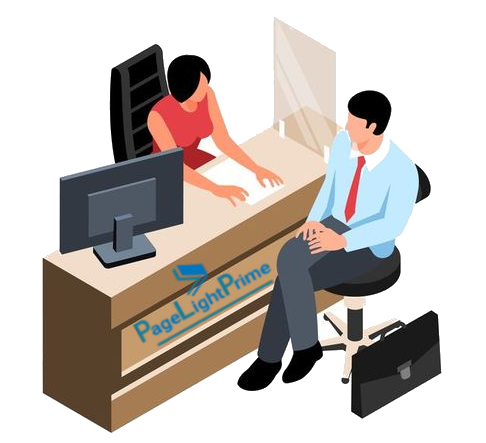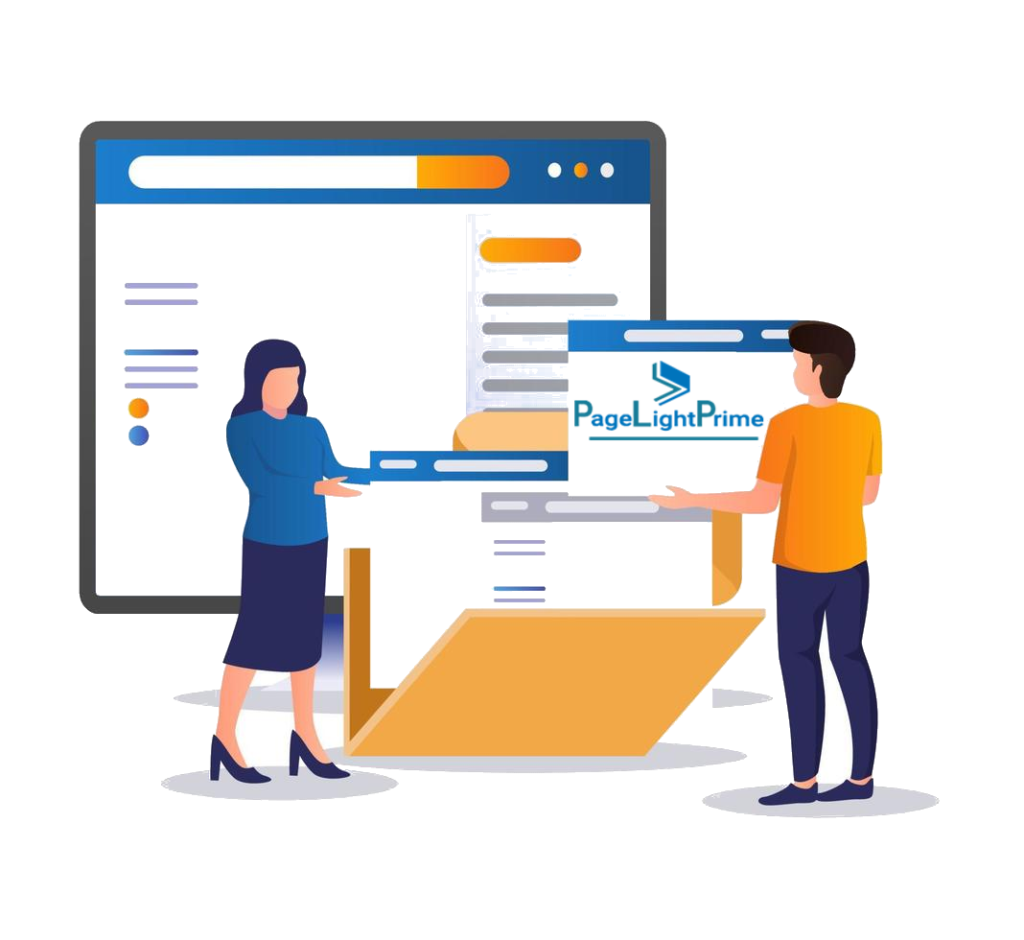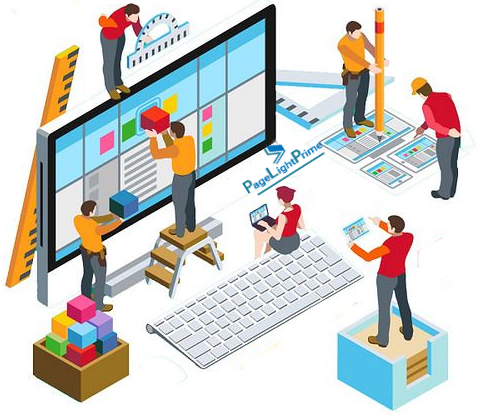Optimizing Legal Practice: Meeting Lawyers’ Needs through Legal Technology
The core pillars of legal tech have redefined the legal profession. From streamlining document management to enabling accurate legal research, legal tech has revolutionized the way lawyers practice and serve their clients.

Written by Knowledge Team, posted on July 18, 2023
The role of technology has become indispensable for modern legal practitioners. Based on insights gathered through surveys and discussions with legal professionals across various practice areas, we can identify the essential aspects that lawyers seek in legal technology to effectively navigate the complexities of their profession.
Lawyers and Legal Technology
The legal profession is undergoing a transformative shift with the advent of Machine Learning tools. Embracing foundational technology is now vital for legal professionals to unlock the true capabilities of AI tools in the near future, as these tools are poised to become the primary solutions for document content management within law firms.

Efficient Document Management
Legal document management systems (DMS) provide lawyers with a secure and organized platform to create, store, and access legal documents. These systems often include version control, document tagging, and full-text search capabilities, facilitating seamless collaboration among legal professionals and clients. By centralizing documents in a DMS, lawyers can minimize the risk of data loss, unauthorized access, and version conflicts. The ability to quickly locate specific clauses or terms within contracts can significantly expedite the drafting and review processes. Furthermore, DMS enables lawyers to track document history, ensuring transparency and accountability in the event of disputes or audits.
Accurate Legal Research
Access to reliable and up-to-date legal information is important for lawyers to offer the best advice to their clients. Online legal databases and research tools provide lawyers with a vast array of legal resources and case law, allowing them to stay informed and make well-informed decisions. Advanced legal research platforms employ intelligent algorithms and natural language processing to efficiently sift through extensive legal databases, delivering relevant results quickly. By leveraging these tools, lawyers can stay ahead of legal developments, strengthen their arguments, and provide more valuable counsel to clients.
Automation of Repetitive Tasks
Lawyers often find themselves bogged down by repetitive tasks, such as document review, data entry, and document comparison. Legal tech streamlines these processes through automation, saving valuable time and allowing lawyers to focus on more critical aspects of their cases. Legal document automation can assemble agreements based on rules and governance. Optical character recognition (OCR) technology enables machines to extract data from scanned documents and convert it into editable text, significantly accelerating the review process. Machine learning algorithms can identify patterns in legal documents, assisting in identifying key information or potential risks. By embracing automation, lawyers can boost their efficiency and productivity, ensuring that no crucial detail goes unnoticed.
Secure Communication and Collaboration
Given the sensitivity of legal matters, secure communication and collaboration tools are crucial for lawyers. Features like end-to-end encryption, two-factor authentication, and remote wipe capabilities ensure confidentiality and protect client data. Secure law firm client portals or collaboration platforms facilitate seamless and protected interactions between lawyers, clients, and other legal professionals. Additionally, these platforms often enable the secure sharing of confidential documents and real-time collaboration on case-related matters. With these communication tools, lawyers can maintain client trust and confidence while adhering to strict data privacy regulations.
Mobile and Remote Access
The ability to work outside the office is essential for lawyers, whether they are in court, meeting clients, or working remotely. Legal technology should be accessible from any device and location, for lawyers to be productive wherever they are. Cloud-based solutions and mobile-optimized applications enable lawyers to access case files, legal research, and other essential tools from their smartphones or tablets. Real-time synchronization ensures that any updates or changes made on one device are instantly reflected across all devices, promoting seamless collaboration, and minimizing disruptions.
Compliance with Laws and Regulations
Legal professionals must ensure that their use of technology complies with relevant laws and regulations, including data privacy laws and rules related to e-discovery and electronic evidence. Data security and privacy are critical concerns in the legal industry, where confidentiality and privileged information are paramount. Legal technology vendors like PageLightPrime are increasingly aware of these requirements, implementing robust security measures and compliance protocols to protect sensitive data and ensure adherence to applicable laws. Lawyers should thoroughly vet and select legal tech solutions that align with their jurisdiction’s legal and ethical obligations.
Cost-Effectiveness
Lawyers require technology solutions that are cost-effective and align with their budget constraints. Office 365 for lawyers is a good choice to get started. Subscription-based or pay-as-you-go pricing models and open-source software options offer affordable alternatives. Additionally, investing in legal tech can lead to significant cost savings in the long run by streamlining processes, reducing errors, and increasing productivity. Law firms should evaluate the return on investment (ROI) potential of legal tech solutions to ensure they add value to their practice without excessive financial burden.
Law Firm Partners and Legal Technology
While lawyers and partners in a law firm share similar needs in legal technology, partners may have additional requirements given their management responsibilities:

Business Intelligence and Reporting
Partners need access to detailed financial and operational data to make informed business decisions. Legal tech should provide real-time insights into key performance indicators, allowing partners to optimize the firm’s performance.
Practice Management
Partners are responsible for overseeing the firm’s day-to-day operations, and legal tech can assist with client and matter management, time tracking, and budgeting.
Business Development
Legal tech aids partners in identifying and pursuing new business opportunities through marketing automation, lead tracking, and client relationship management.
Talent Management
Partners use legal technology to manage the hiring process, onboarding, and training of new employees, ensuring the firm has the right talent to meet its objectives.
Strategic Planning
Legal technology can help partners forecast, budget, and strategize for the firm’s growth and adaptability in a dynamic market.
Compliance and Risk Management
Partners rely on legal tech to ensure compliance with laws and regulations, as well as to manage risks effectively through features like e-discovery and cybersecurity.
Scalability
Partners require technology solutions that can adapt to the firm’s changing needs and growth, such as cloud-based solutions and modular design software.
Transforming the Legal Landscape with Innovation
Legal technology has become an indispensable ally for lawyers and law firms, offering enhanced efficiency, security, and compliance. By addressing the diverse needs of legal professionals, legal tech aids lawyers to deliver outstanding services, elevate client experiences, and navigate the complexities of the legal world with confidence. Embracing these technological advancements, lawyers can unlock new opportunities and drive the evolution of the legal profession in the digital era.

In this rapidly evolving era, the future of law lies in the seamless integration of technology into legal practice. Legal professionals must embrace the opportunities that legal tech presents and leverage its capabilities to optimize their workflow, enhance client interactions, and maintain a competitive edge. From efficient document management and accurate legal research to automation of repetitive tasks, secure communication, and mobile accessibility, legal tech opens a world of possibilities for lawyers to excel in their roles.
Legal technology has evolved into an essential partner for lawyers and law firms, delivering improved efficiency, heightened security, and adherence to governance with legal compliance software. Catering to the varied requirements of legal professionals, legal tech empowers lawyers to provide exceptional services, elevate client interactions, and navigate the intricate legal landscape with utmost assurance. By embracing these cutting-edge advancements, lawyers can seize novel possibilities and propel the transformation of the legal profession in the digital age.
